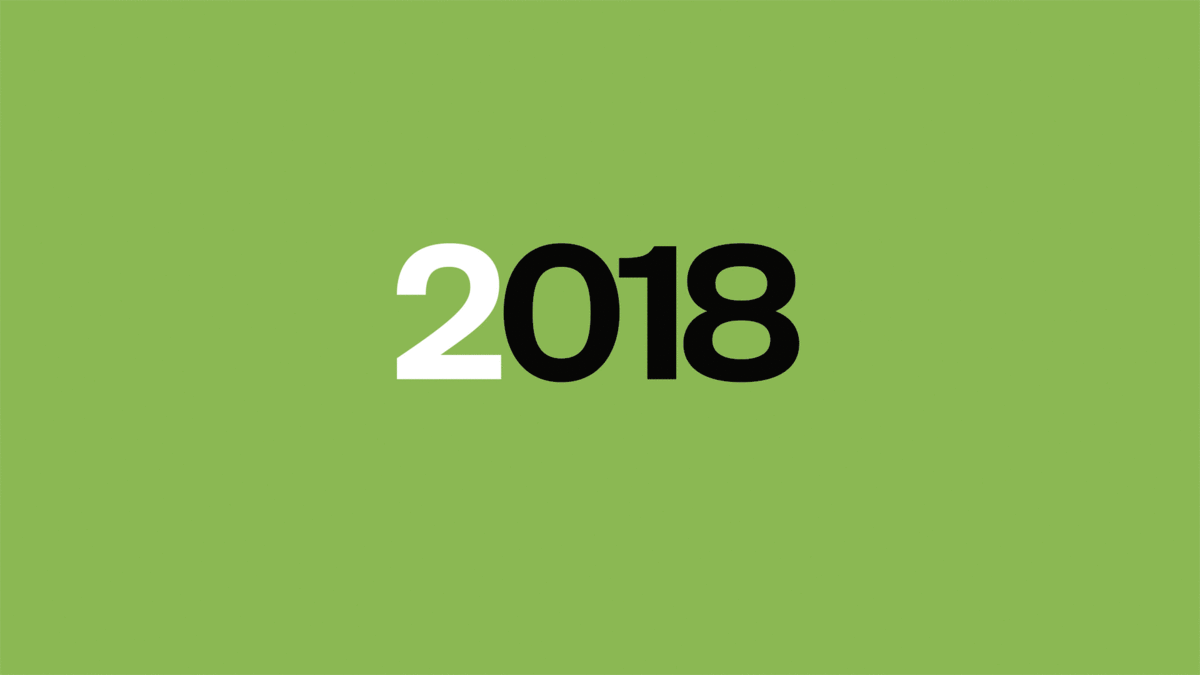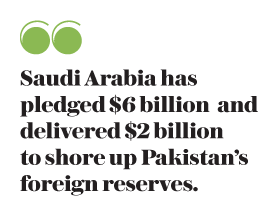ISLAMABAD: Pakistani Prime Minister Imran Khan may have promised the country a new beginning, but four months after taking power his government appears to be making little progress on its promised wide-ranging reforms.
Few expected miracles, but nevertheless Khan’s vision for a new Pakistan, based on an 11-point agenda, was nationally welcomed.
His Pakistan Tehreek-e-Insaaf (PTI) party proposed revolutionary reforms to improve education, health, revenue generation, investment, employment, agriculture, federation, the environment, tourism and justice, and to eradicate corruption.
PTI won the election by a paper-thin majority, dislodging Pakistan’s influential political dynasties and forming a coalition.
“A new Pakistan needs a new mindset,” the new prime minister said in his inaugural address to the nation, promising positive change during his five-year tenure. “We will make Pakistan a welfare state. We have to save Pakistan. One day it will happen. No one will take charity but give. That’s my vision.”
However, the celebrations were short-lived, with the government struggling to cope with cumbersome domestic and foreign issues.
Khan was criticized for making U-turns on some commitments. “The leader who does not do timely U-turns is not a real leader,” he replied.

A few weeks after the coalition government completed its first 100 days, “Khan seems to be out of sync with the enormity of the challenges and problems facing the leadership,” journalist and author Zahid Hussain told Arab News.
“He has been confrontational (with the opposition) rather than defusing the situation. He needs the support of some of those political groups to pass legislation and reforms in Parliament.”
Political analyst Qamar Cheema said Khan and his Cabinet “failed to give time to Parliament” and hear the people’s representatives.
Highlighting Khan’s poor attendance at National Assembly sessions, Cheema added: “There has been virtually no legislation since PTI assumed power.”
The National Assembly and Senate appear dysfunctional due to mudslinging. Of the 49 reforms packaged in its 100-day agenda, PTI’s only success has been the formation of a task force to combat corruption.
Khan’s quest to bring back looted money has led to understandings with the UK, UAE and Switzerland. Pakistan’s anti-corruption watchdog is widening the net to catch culprits residing abroad.
At home, the accountability drive has “exposed itself to allegations of conducting a political witch hunt,” said Hussain.
The National Accountability Bureau (NAB) has been accused of using ruthless methods to extract statements from alleged white-collar criminals and target opposition leaders.
Musharraf Zaidi, a former government adviser, said: “Khan has built a political party on the basis of a tricky proposition: That the core of Pakistan’s problem is the corruption of public figures and former government officials.
“If Khan continues to pursue the issue, he will face conflicts. He needs to approach the governance challenge from a technical rather than a political perspective.
“Khan will find that the country’s primary problem is the absence of the will, capacity and resources to do better. If he brings the will, the capacity and resources will follow. Corruption will be reduced as a direct consequence of the change in the state’s priorities,” he said.
“In short, Khan can be very successful if he invests himself
in solving the problems of ordinary Pakistanis, rather than chasing mirages.”
With a skyrocketing population of over 207 million, Pakistan at 71 is marginally older than the average life expectancy of its citizens. The country has a checkered history of military and civilian rule, social conditions have deteriorated, and unchecked population growth is causing increasing strain.
Khan is known for his success in philanthropy, but can he produce similar results at the macro level?
“At the societal level he has vowed to bring a lot of changes, and he will be successful, especially in the spheres of education and health,” Quaid-e-Azam University Prof. Dr. Zafar Jaspal told Arab News. “These are two major challenges in Pakistani society.”
Direct control of two of Pakistan’s four major provinces (Punjab and Khyber-Pakhtunkhwa), and a coalition partner governing a third (Baluchistan), is a big advantage for PTI, said Hussain.
But the country’s ailing economy, inherited from the previous government, is an impediment to PTI’s goals. Finance Minister Asad Umar said Khan is aware of the severity of the economic situation.
Saudi Arabia pledged $6 billion on Khan’s second visit to the Kingdom, and has delivered $2 billion to shore up Pakistan’s foreign reserves. Islamabad is seeking similar relief packages from the UAE and China.
Umar said borrowing from friendly countries ahead of an expected bailout by the International Monetary Fund is
the only viable option for immediate relief.
 The government has initiated austerity measures to cut spending, but economic experts warn that too much belt-tightening could have tremendous political repercussions.
The government has initiated austerity measures to cut spending, but economic experts warn that too much belt-tightening could have tremendous political repercussions.
Umar said: “I have absolutely no doubt that within five years the people of Pakistan will look back and say we moved in the direction we wanted the country to move.”
But Jaspal said: “I’m not confident that they (the government) will be able to bring us out of this mess.”
International credit rating agency Fitch downgraded Pakistan’s ranking to B- in reaction to its weakening capacity to service rising debt. Foreign currency reserves have dropped to $7.3 billion, equal to 90 days of import cover.
The agency said government measures to decelerate imports and gradually strengthen exports may not be enough to rebuild the country’s reserves.
Islamabad has between $7 billion and $9 billion in sovereign debt repayment, with $1 billion due in April 2019.
Meanwhile, there have been no visible signs of improvement in relations with Pakistan’s neighbors or the West since Khan became prime minister.
Foreign policy is largely seen as under the Pakistani army’s control, but there is a civil-military harmony that was lacking under the previous administration.
Khan’s popularity has dipped, according to Gallup Pakistan, the country’s leading research institution.
But Hussain said Khan’s relations with the military remain good, “which has given him some semblance of stability.”
The prime minister has been pushing his administration hard for deliverables.
“We have to take every step for the betterment of the people. People are at the center of our government policies,” he said.
Jaspal said: “It is too early to expect anything from PTI … There isn’t a constructive view from the media.”
Meanwhile, Hussain warned of turbulence “in the months ahead.”

























